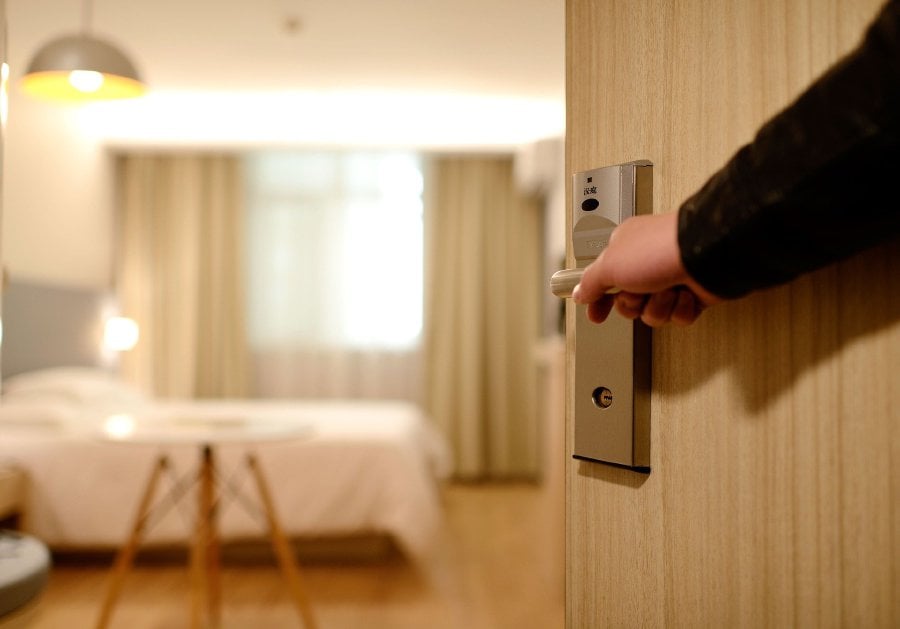By Sharen Kaur - March 15, 2022

The reopening of borders to international travellers starting April 1 is good news for the hotel industry, but the next priority should be to resolve the foreign worker crisis so that businesses can operate efficiently and hopefully return to pre-Covid-19 pandemic levels.
According to a hotelier with properties in Kuala Lumpur and Penang, the Covid-19 pandemic caused an unprecedented crisis in the tourism economy as a result of the industry's immediate and massive shock.
Malaysia closed its borders to international travellers on March 18, 2020, two years after the coronavirus pandemic spread rapidly around the world.
As a result of these factors, many Malaysian hotels and resorts were forced to permanently close their doors, while others were forced to take drastic cost-cutting measures, such as reducing their staff count and lowering salaries.
Malaysia announced last week that it would reopen its borders to international travellers for the first time in nearly two years, resulting in happy family reunions and increased tourism.
The reopening of the borders was part of the country's transition to Covid-19 "endemic" status.
The hotelier said that the government's decision to open the borders next month is good news for both tourists and businesses.
However, if business picks up after April 1, local and international hotel groups may be unable to handle large bookings and serve hotel guests due to a lack of manpower, he said.
According to the hotelier, his group's properties were fully booked prior to Covid-19, with foreigners booking the majority of the rooms.
"We're at a loss for what to do if business picks up on April 1. Many of our legal foreign workers in the kitchen and housekeeping have returned home, and we are unable to fill the positions with locals. Locals prefer to work in industries that they think are more stable, such as manufacturing.
"Finding replacements is one of our most difficult challenges right now, which is why we need foreign workers. We strongly urge Putrajaya, especially the Human Resources Ministry to allow hotels to hire foreigners for backroom tasks such as housekeeping and kitchen duties," he said.
The hotelier expressed dissatisfaction that the government does not understand the issues that hoteliers face as business owners.
"Government agencies are supposed to assist businesses and owners in creating jobs and paying taxes to the government. I'm tearing my hair out and don't know what to do next," he said.
Travelers who have had two doses of the Covid-19 vaccine will not be quarantined. They only need an RT-PCR test two days prior to departure and an RTK antigen test within 24 hours of arriving in Malaysia.
Vaccinated Travel Lane (VTL) arrangements could be implemented in countries that have yet to reopen their borders fully.
Malaysia has started a VTL agreement with Singapore and is expected to announce additional VTL agreements with Brunei, Indonesia, and Thailand.
According to the hotelier, these actions are critical, but more needs to be coordinated to successfully reopen the tourism economy and get businesses up and running, as tourism services are highly interdependent.
"The travel and tourism industry, as well as governments, should continue to strengthen their coordination mechanisms to assist businesses. Manpower issues should be given special consideration," he said.
No comments:
Post a Comment